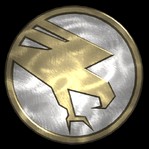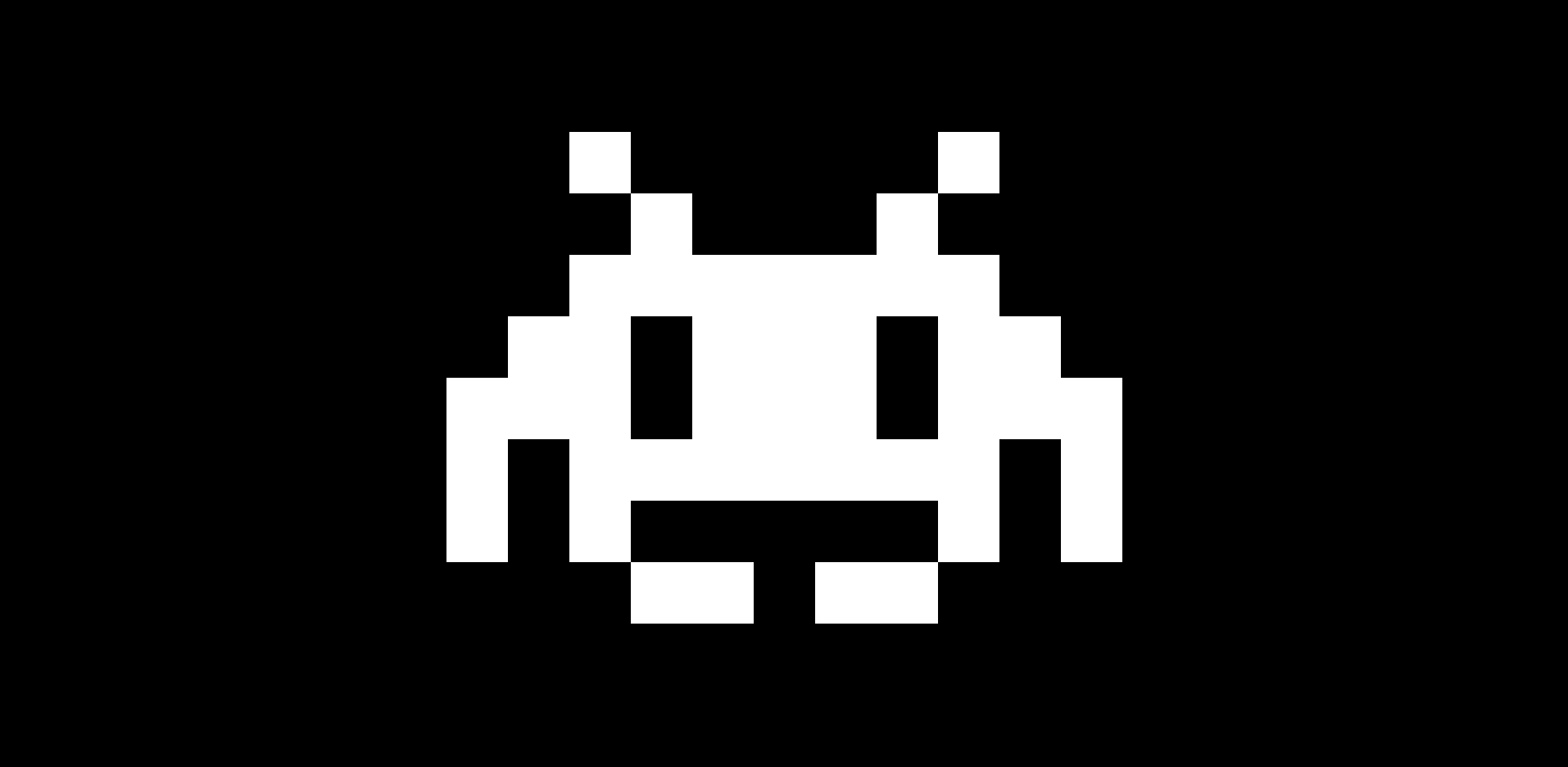FEMAN!! And the masters of the universe!
Feman, aaaah, fighter of the male man, aaaaah 🎵
I’m glad I got on here today because of these two posts that were playing in my head as soon as I read the image.
And they’re both on the left.
no one is right
I read it as “Iron man”.
This took a moment
I’m dumb. It took me a lot more than a moment 😕
Tbh, it was a long moment for me
Oh Google translate, you’ve done it again. It should read “FEMAN” and “HEMAN” respectively.
credible sign
I’ve always wondered even as a child why we can’t get rid of genders and just call it human and nonhuman (to include our alien friends).
It would make life so much easier for everybody, except for writers I guess.
My language is not gendered, so yes, writers do have to work harder when they want to imply gender without explicitly mentioning the gender in their writing. But it also makes concealing a character’s gender easier to make it harder to guess the plot.
Reactionism, people often feel tied to their gender identity. Gender is a social construct but a very well built construct.
I don’t know, I like my vagina but have often wished I was born male, just for how much easier life would be. This is biased of course.
On the other hand, I’ve never ever been mad or jealous of other people who wanted to change their gender or be themselves sexually (lbgtq+). Isn’t none of my business and people should have the right to do with their genitals as they please. It’s a basic human right, just like abortion.
We should disconnect our bodies from any labels is my point. That way, no government or religion can have an influence on it. The ‘My body, my choice’ is still the right way to go.
Of course that would be nice, but I feel we are a long long way culturally as a species from disconnecting from the gender binary as a whole. I think so strongly of myself as male, and it seems for many queer people that they think of themselves as transgender within that binary. It’s important while we still think this way to vehemently preserve the right to indentify legally in or outside of the gender binary but I totally appreciate that idea as a long term goal.
Religion shouldn’t have an influence on it. Ideally, governments should have an influence on it, but our governments are in a lot of cases ruled by religious idiots.
 Mailman!
Mailman!A femail man!
Pokemon evolutions are getting wild.
Iron Man?
Interesting. In German there is the old (biblical) word “Männin”. Which is literally the female form of “Mann” (man). Maybe the original language the translation comes from has something similar.
I’m guessing it was someone doing translations, getting confused, playing it safe, and accidentally recreating Old English.
This is either Chinese or Japanese on the sign. But Japanese derrived from Chinese so both langues have the same origin for a lot of words:
Male 男 is a compound word of Field and Strength.
Woman 女 is a pictogram of a woman with breasts kneeling. A bit easier to see in the non-modern symbol. And pretty blatant when you compare it to the modern symbol for mother 母 which is taking the old symbol and adding two nipples.
So nothing in the original language for this translation error to make sense.
But English has roots for “feman” to technically make sense. In Old English there used to be “man” meaning “person” and “wif” meaning “female”. This turned in to “wifman” meaning woman. Recently “wif” turned into “wife” and “wifman” turned in to “woman”.
In their language there are two distinct words for “woman” and “man” so when they got “male” for 男 they went “ok cool now on to 女”, and got “female”. Now that’s basically the same word… So they backed up and retranslated 男 to “man”… Then got “woman” for 女.
Now pretty unsure they looked up “man” and got that it could just mean “person”. Then they put “male” “man” for male person. Then they got really confused and instead of “female” “man” for “female person” they cut out the “male” and put “fe” “man” essentially re-inventing the word “wifman”.
And finally somewhere along the way they found out about prefixes which fe- kinda acts like so that’s why there’s a space in “male man” and no space in “feman”
Another funny detail I’ve heard: the Old English word for a male person was something like “were”, as in “werewolf”.
Thanks to the in depth explanation.
Männin is more of a word Luther came up with when translating the bible and no one used ever since (except in quoting Luther of cause).
The thing is that in Hebrew, man and woman are the same but with other ending. Luther tried to recreate that.
Thanks for the info. Serious discussion under a meme post :-)
Feman are just men with kilts
Jockey and horse?
Another kbin user as confused as I was until I clicked the image.
deleted by creator
A male man can become a feman but not the other way around.
Feman is just a femboy who grew up









